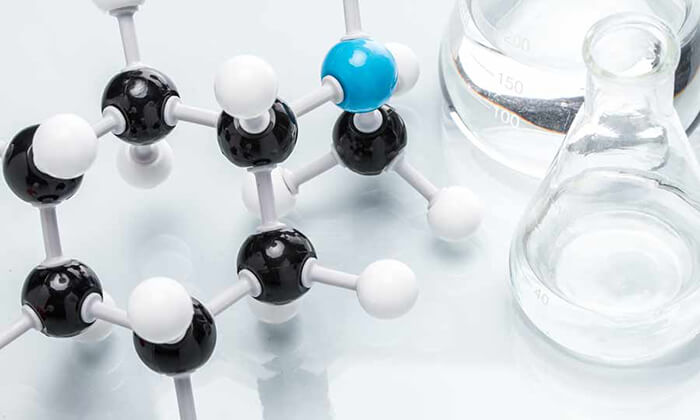[Press release] UN experts recommend elimination of additional hazardous chemicals to protect human health and the environment
Stockholm Convention Press Release | October 4, 2019

Read the full Stockholm Convention Press Release
"Rome & Geneva - This week more than 100 scientific experts, from all over the world, attended the 15th meeting of the Stockholm Convention’s Persistent Organic Pollutants Review Committee (POPRC-15), in Rome under the auspices of the United Nations, and recommended that a group of hazardous chemicals be eliminated in order to better protect human health and the environment from its harmful impacts.
Perfluorohexane sulfonic acid (PFHxS), its salts, and PFHxS-related compounds are a group of industrial chemicals used widely in a number of consumer goods as a surfactant and sealant including in carpets, leather, clothing, textiles, fire-fighting foams, papermaking, printing inks and non-stick cookware. They are known to be harmful to human health including the nervous system, brain development, endocrine system and thyroid hormone.
The experts also found that two more hazardous chemicals satisfy the criteria set out in the Stockholm Convention on Persistent Organic Pollutants (POPs), namely that they are toxic to both humans and wildlife, that they persist over long periods in the environment, that they accumulate in organisms, and that when released they can be transported over long distances by air or water. Dechlorane Plus and Methoxychlor will therefore go forward to the next POPRC meeting in 2020 for further review and, taking into account any recommendation from the POPRC, a future meeting of the Conference of the Parties (COP) to the Stockholm Convention may decide to list these chemicals, which would lead to action towards their elimination or reduction from production and use as well as the destruction of existing stocks and management of POPs wastes.
Rolph Payet, Executive Secretary of the Stockholm Convention, said that “This recommendation is based on robust scientific review from experts all over the world who have concluded that listing of PFHxS in the Stockholm Convention would lead to a safer environment, with fewer harmful impacts on the health of humans and wildlife alike.”
Quick on the heels of the recent meeting of the Stockholm Convention COP in May 2019, which - based on recommendations from the POPRC - decided to eliminate production and use of two important toxic POPs, PFOA and Dicofol, this further recommendation to eliminate PFHxS would bring to 31 the total number of POPs listed under the legally-binding Stockholm Convention, which includes thousands of related chemicals. The Convention, which entered into force in 2004 and has 183 Parties, benefits from almost universal coverage across the globe.
Notes for Editors:
PFHxS
PFHxS, its salts and related compounds have unique properties with a high resistance to friction, heat, chemical agents, low surface energy and are used as a water, grease, oil and soil repellent. It is widely utilized in a variety of consumer goods such as carpets, leather, apparel, textiles, firefighting foam, papermaking, printing inks, sealants, and non-stick cookware. PFHxS concentrations are found in biota and humans alike and its elimination takes approximately 8 years. Effects of PFHxS in humans are found to influence the nervous system, brain development, endocrine system and thyroid hormone. For more on PFHxS see: http://chm.pops.int/?tabid=243
POPs and the Stockholm Convention
Exposure to Persistent Organic Pollutants (POPs) can lead to serious health effects including certain cancers, birth defects, dysfunctional immune and reproductive systems, greater susceptibility to disease and damage to the central and peripheral nervous systems. Given that these chemicals can be transported over long distances, no one government acting alone can protect its citizens or its environment from POPs. The Stockholm Convention on Persistent Organic Pollutants, adopted in 2001 and entered into force in 2004, is a global treaty requiring its Parties to take measures to eliminate or reduce the release of POPs into the environment, to protect human health and the environment from chemicals that remain intact for long periods, become widely distributed geographically, accumulate in the fatty tissue of humans and wildlife, and have harmful impacts on human health or on the environment.
For more information on the Stockholm Convention, POPs, and POPRC: www.chm.pops.int
For more info:
Technical contact:
Kei Woodall Ohno,
BRS Secretariat;
email: [email protected]
tel: +41-22-9178201
Press contact:
Charlie Avis,
BRS Secretariat
email: [email protected]
tel: +41-79-7304495"
Location: